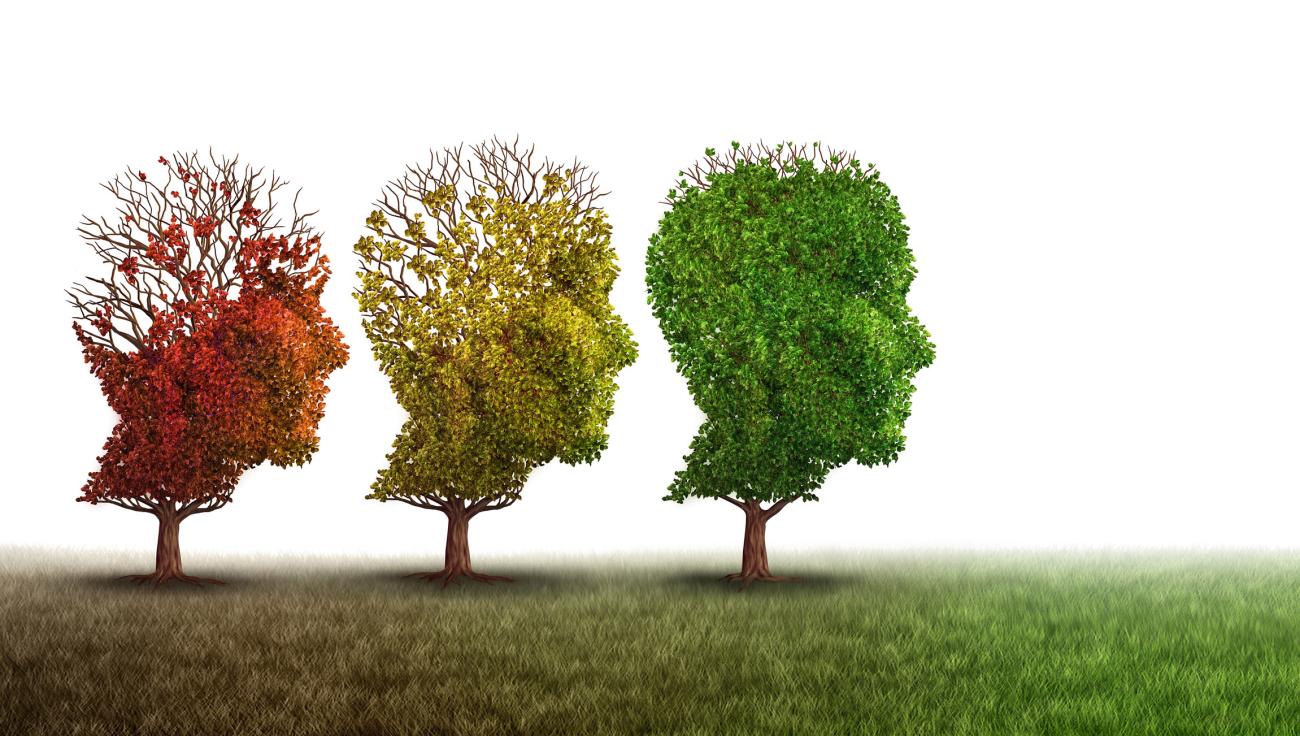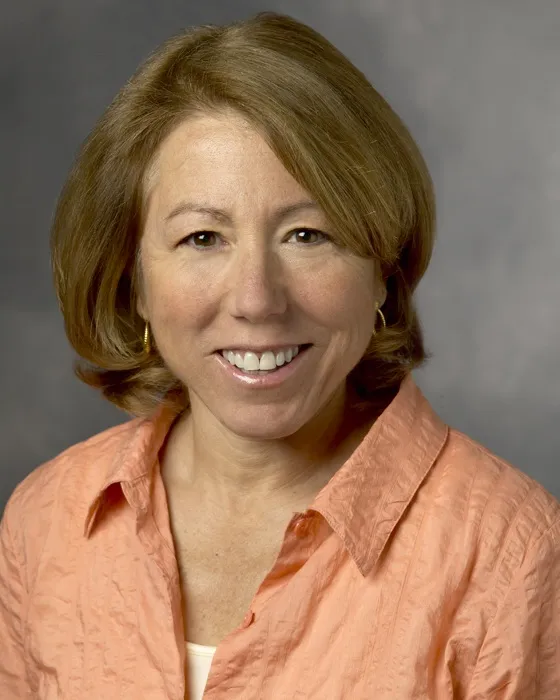
After stroke, Stanford education scholar learns a different way to teach again
In September 2010, Debra Meyerson, then a professor at Stanford Graduate School of Education and Graduate School of Business, was traveling to Tahoe for a family vacation. On the way, her right leg started to feel “weird.” Later that day, her leg buckled during a hike. And that evening, she had a mild headache. The next morning, her right arm moved very slowly when she reached for an Aspirin for an increasingly worse headache. She and her husband went to the hospital. She had experienced a stroke.
Meyerson opens her new book, Identity Theft: Rediscovering Ourselves After Stroke, with the event itself, its effects (lost speech, lost movement), and her journey through different care facilities and therapies. But the book goes on to describe other people’s experiences recovering from stroke and other traumas, as well, and the book’s real thrust is to focus on the emotional journey after trauma – and even more specifically on how people shape and form their identities when they appear to lose a part of themselves.
In two interviews (in person and through email), Meyerson answered questions about the book, her recovery, and what she hopes people will take away from her experience.
What have you learned about teaching – and what it means to be a teacher – since the stroke?
That question is so central to my journey. It still frustrates me so much that I can’t “teach like I used to teach” as a professor, but my critical realization was that I still did have things to teach, and I could share them. Just different things, and sharing them in a different way. The book is the outgrowth of that realization.
Your scholarly background is as a social scientist. What was it like to apply your research skills to your own story?
Identity wasn’t my principal focus as an academic, but it was very important to the work I did around diversity – and to the work that led to my first book, Tempered Radicals. It was really hard to turn that lens on myself – in such a different situation from what I had studied. But it turned out to be incredibly helpful to my journey. I am so lucky to have had that tool, and that’s one of the reasons I wrote the book – to share it as best I could.

Debra Meyerson (Image credit: Stanford Graduate School of Education)
It was really important to me that the book reflected more than just my experience. My work as a professor was so much about recognizing the importance of diversity. That’s why I interviewed so many people – to share their perspectives as well as my own. I interviewed stroke survivors; their caregivers, family members, friends, doctors and therapists; and academic experts. I both interviewed them and drew on their published work. I also worked hard to be representative in my survivor sample, with about equal men to women; 50 percent people of color; and the super-wealthy to the economically struggling. I also had a wide range of ages among the people I interviewed, age 14 to 65. It is little known that a quarter of strokes occur in people less than 65 years of age. And in addition to those in the San Francisco Bay area, I also spoke with people in Boston, St. Louis, Chicago, Ohio, Washington D.C., Santa Barbara and Orlando.
How did writing this book allow you “to reclaim what I loved most about being a professor: helping to create and share knowledge?”
It took a while, and candidly, I slip back more than I’d like, to realize that what was really important about being a professor was that underlying activity – creating and sharing knowledge. It’s so easy to get caught up on the status and prestige of being a professor at a place like Stanford, having that external validation. In the book I talk about the importance of looking for the deeper meaning in what we think we value – as sometimes that can be recreated in a different way even in the face of disabilities.
How are you now integrating this new identity as a survivor with the old one as an educator?
The book is clearly the first way. I used my academic skills to research and write the book – clearly doing so around my new reality as a survivor. And Steve Zuckerman (my husband) and I have created Stroke Forward, a nonprofit initiative, that we plan to use to build on what we hope will be the value of the book, to do further education and advocacy around the treatment of stroke survivors, especially with respect to encouraging more focus on the emotional and identity journey.
What do you hope people will take away from this book and the stories you tell in it of other survivors?
First of all, that every situation is different. As we say in the book: every person is different, every stroke is different and every recovery is different. And mostly, I hope people will take away a sense of hope that they can often improve more than people suggest if they work hard at it, and they can build a life of meaning no matter how bad their eventual disabilities.
Any advice to people who are going through changes because of loss, trauma, or other factors?
The easy answer is to suggest they read the book! More seriously, it’s to recognize that everyone has to (or should) think of their identity as a multifaceted and ever-changing thing. Dramatic change just forces that to happen more quickly, and makes it harder, but more important, for people to really think deeply about who they want to be. I guess that’s a really important one – it’s not a question of “who they are,” but one of “who they want to be.”
Faculty mentioned in this article: Debra Meyerson



